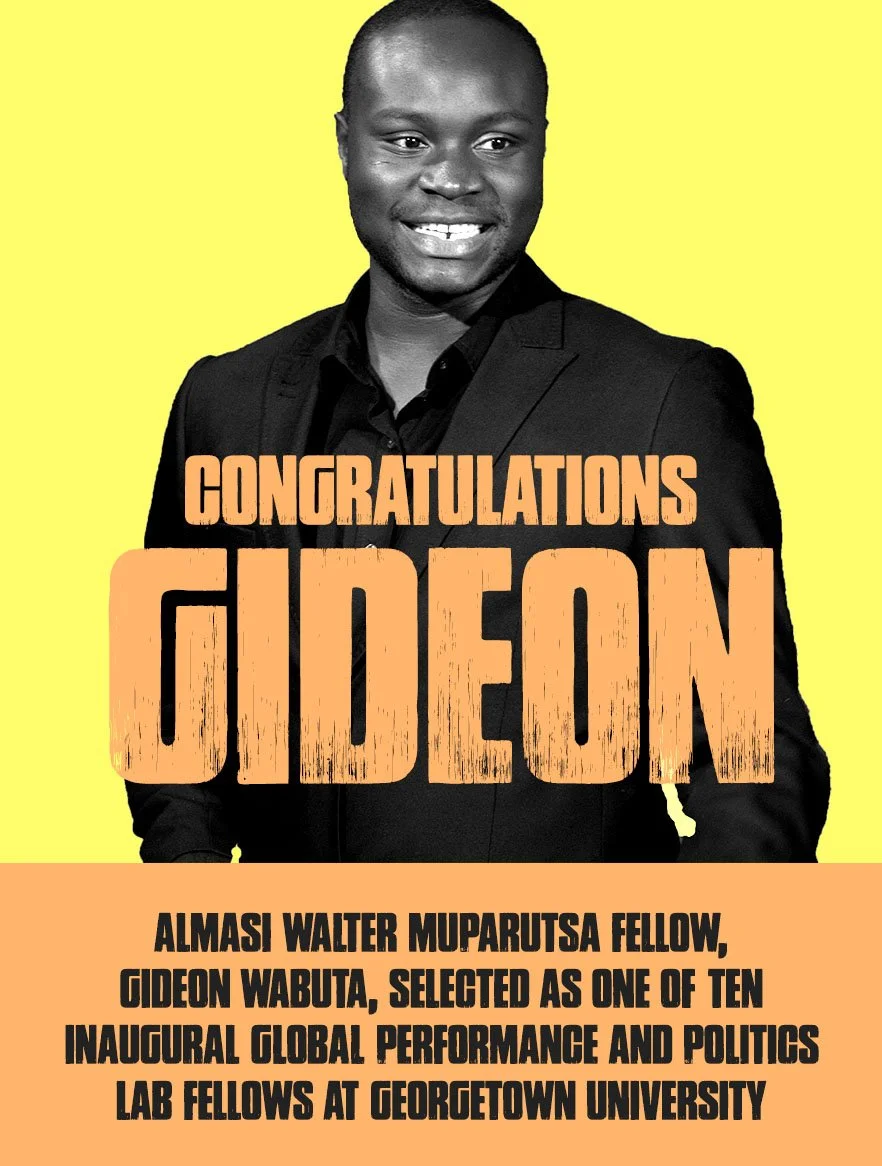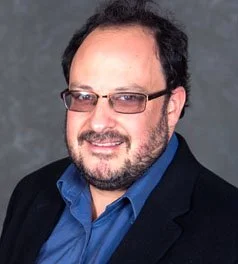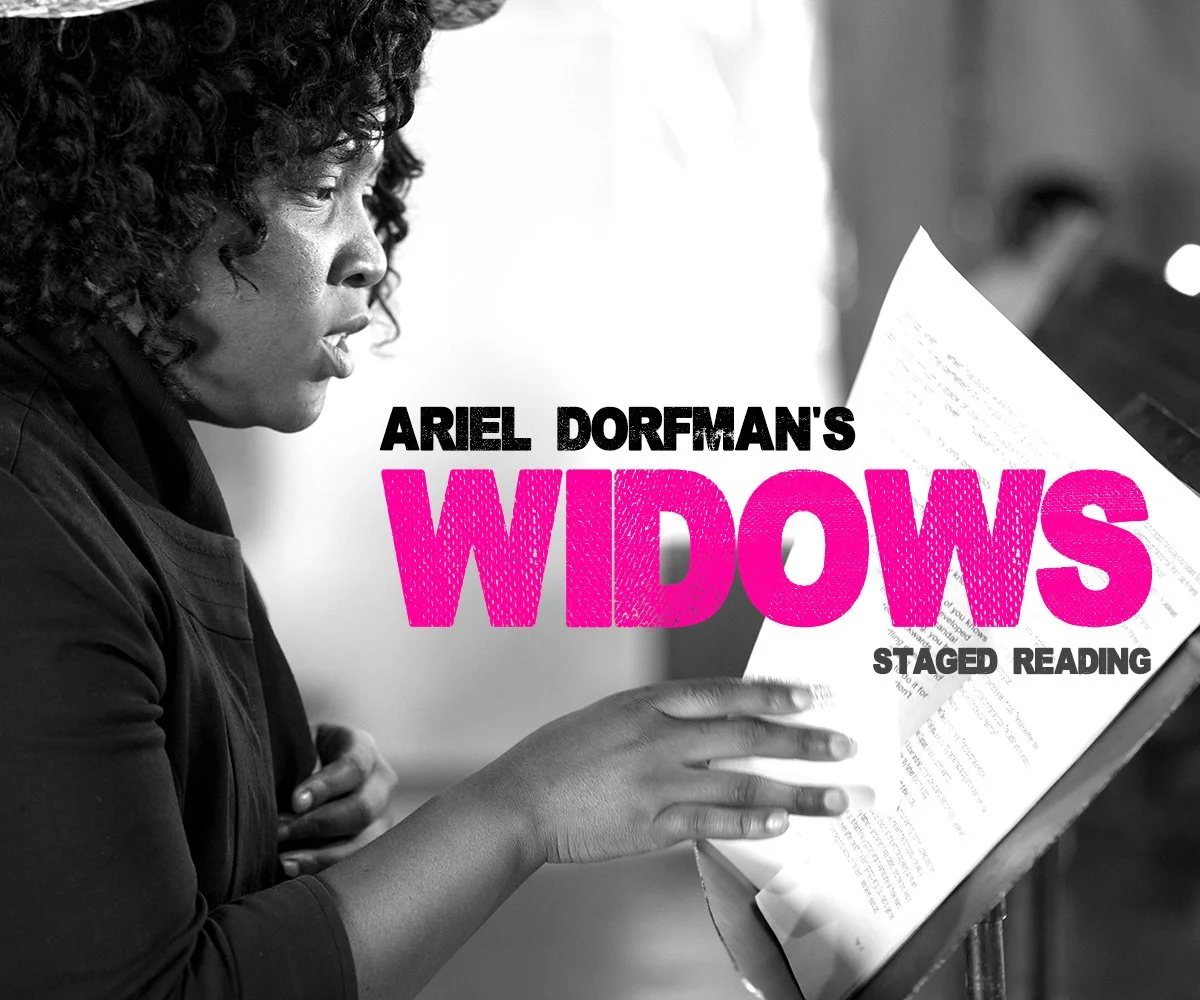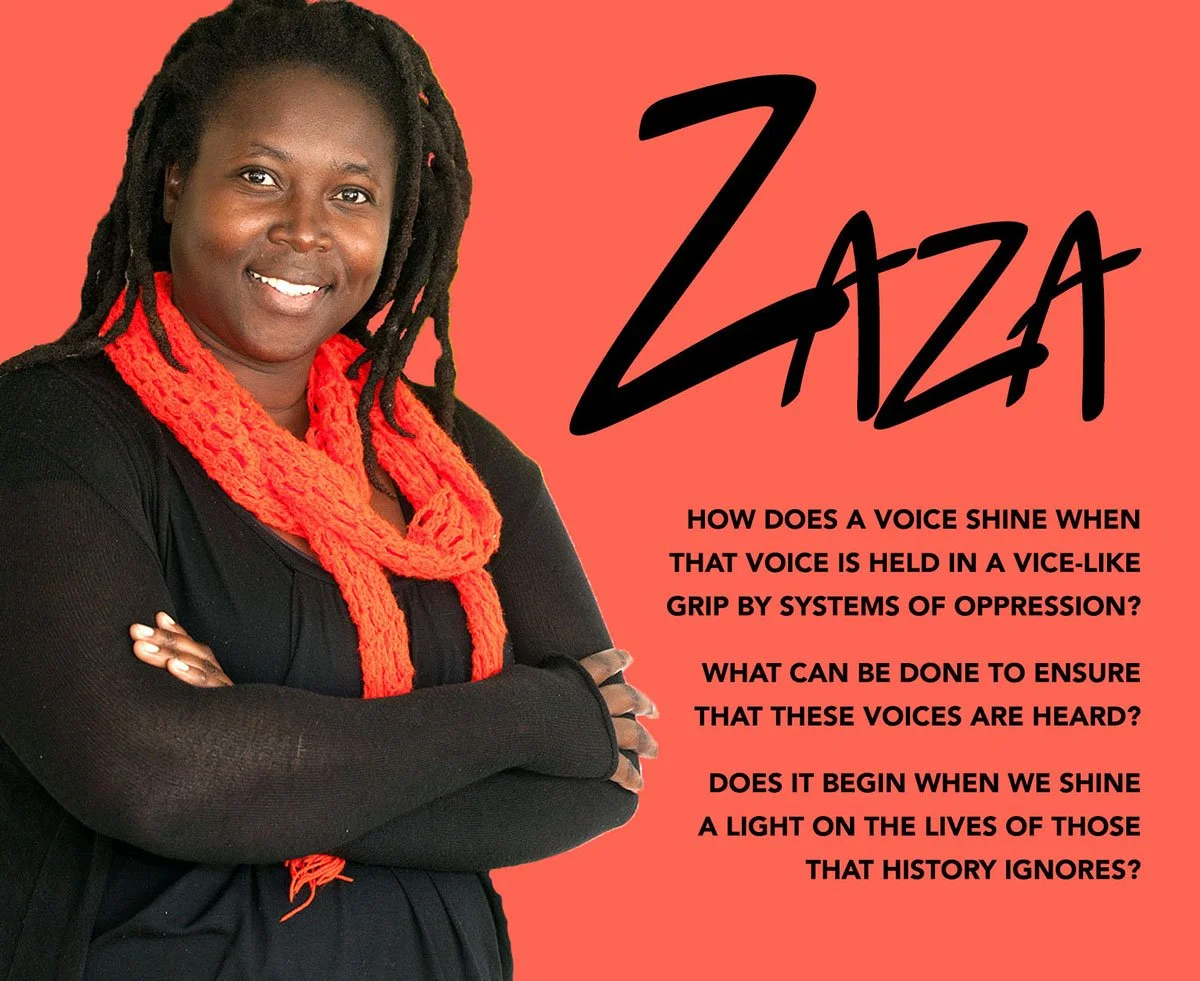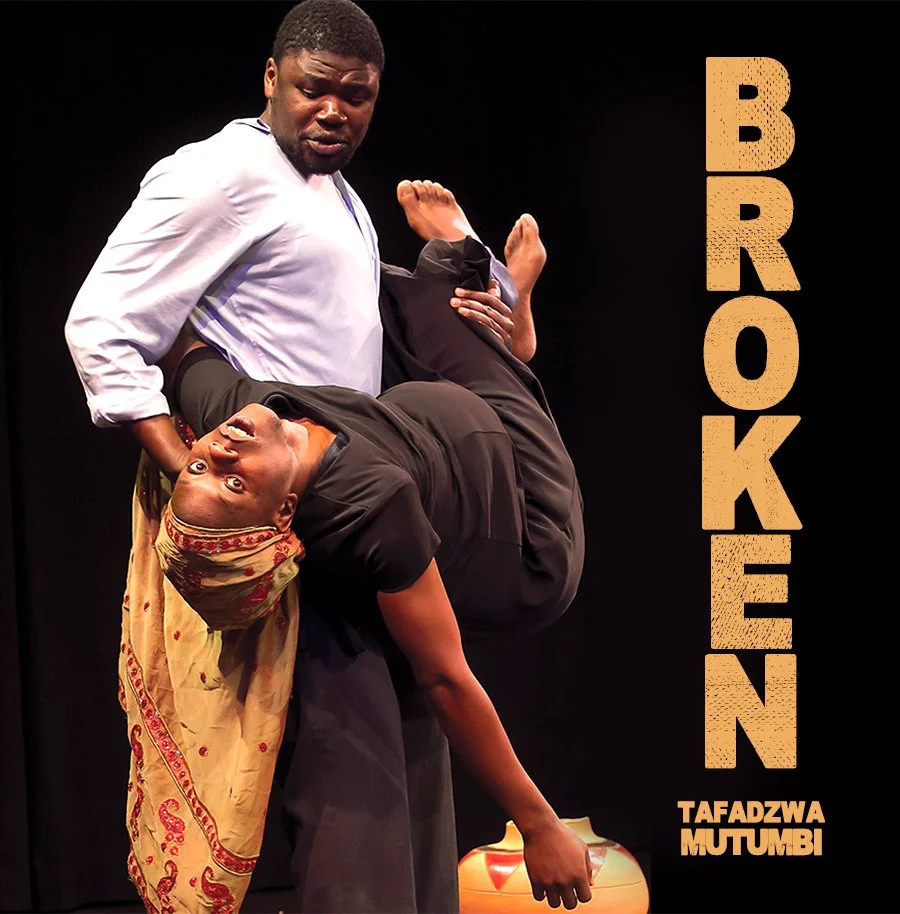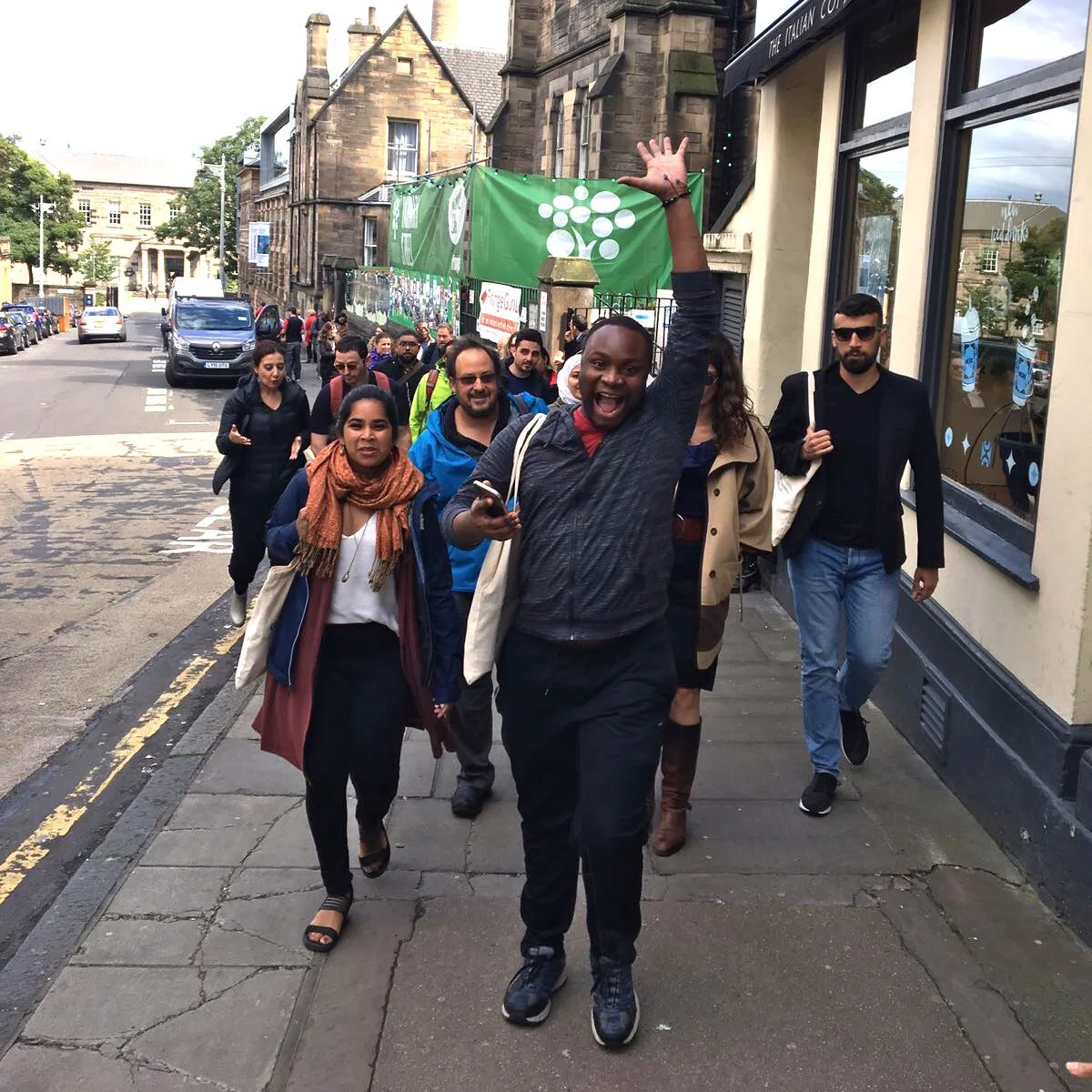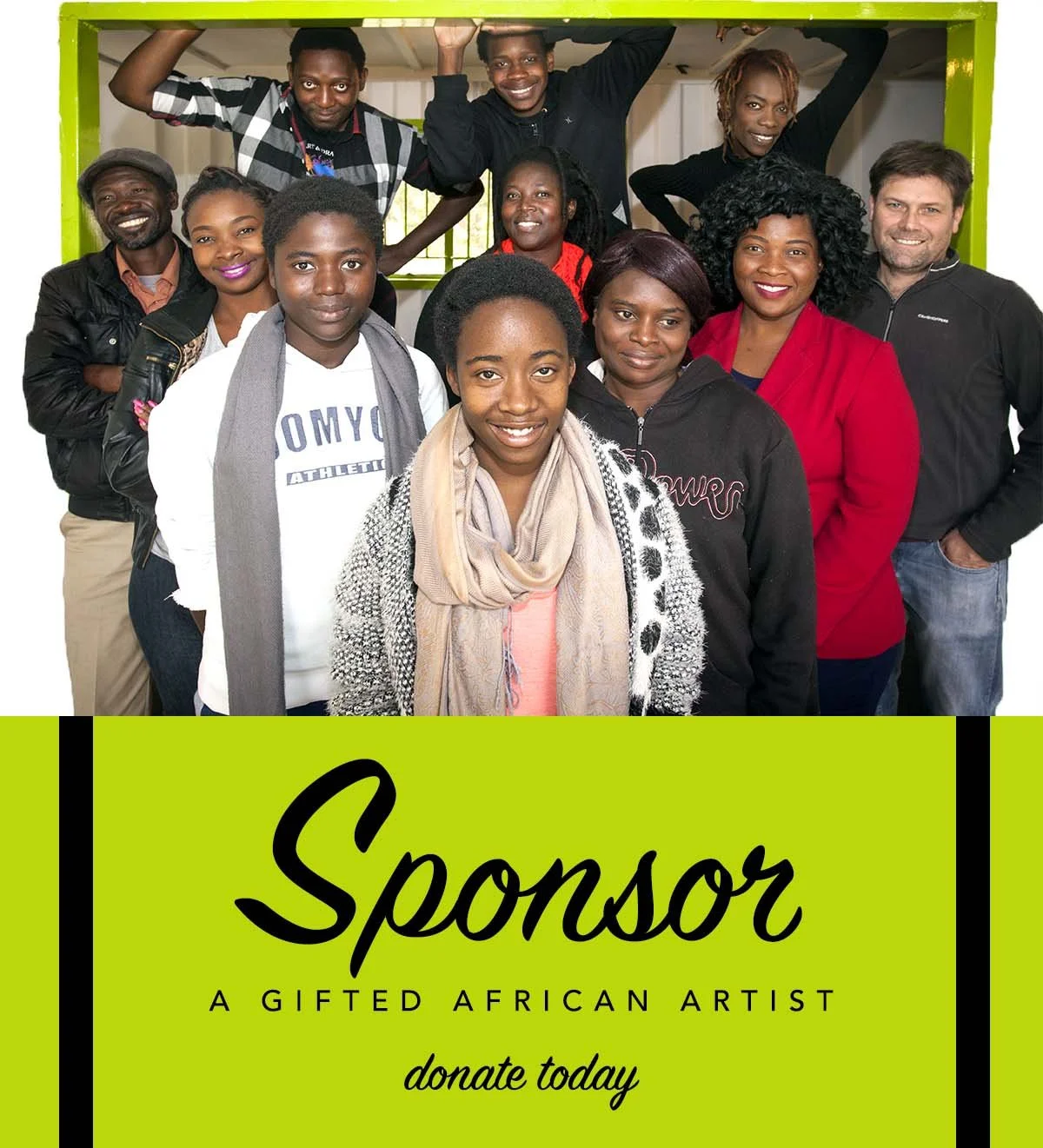Let There Be Space For Our Stories!
The pursuit of story is not for the faint at heart. It is a noble search, an unwavering inquiry into the truth, into what must be said but what must be found first. This task, this burden of the heart is a calling I have been blessed to have the time and space to give my all to. That is not necessarily the case for many artists in developing countries, places where the daily pursuit must be for life’s necessities, not the calling and passionate burdens of the soul. We, as a global community, lose so much as a result of that, what great narratives, classics in the making are left untold as a result of lack of facilitation, opportunity, space, and access. At ALMASI we strive for that to not be the case for the talented artists we encounter. Without mentorship and facilitation, great ability goes unexplored, great potential goes untapped. We seek to create spaces for African writers, directors, actors and artistic administrators to explore their capabilities and give their voices a space to grow, find nurturing community and speak to the world. I am excited about the work our artists are exploring, from our fellows working in collaboration with various other organizations and traveling across the globe to our actors exploring new work, to the exchange opportunities between African artists and American artists we hope to be announcing very soon. Our first Almasi fellow also recently graduated with his MFA from an American institution. We look forward to what his voice will bring to our international artistic community. Please continue to get to know our artists, their voices, their narratives, plug into our community, see how you can connect even more richly with this international artistic collaborative revolution we seek to continue. It is one that has changed lives, including my own, in innumerable ways. I have no doubt it will do the same for you.
Co- Founder and Executive Artistic Director
While studying hard in pursuit of his MFA in Dramatic Writing at the University of Southern California, Almasi Fellow, Gideon Wabvuta, was chosen, through a highly competitive selection process, to participate in Georgetown's first-ever virtual global residency program, The Lab" (Laboratory for Global Performance and Politics). The 18-month program brings together exceptionally promising professionals (performers, directors, writers) from around the world who are working at the intersection of performance and politics. Among the key features of the Fellows Program will be the networking and mentoring opportunities offered primarily through monthly virtual meetings and an in-person convening, hosted by the University of Edinburgh Institute for International Cultural Relations in August of 2017. The program is built on four central tenets: a global experience, virtual and in-person engagement, a strong peer network, and mentorship. The Fellows will continue to work within their own communities, spread out across the globe, as they learn online from each other and from mentors drawn from The Lab’s Think Tank, made up of thought-leaders, artists, and change-makers from around the world. A highlight of the Fellowship will be a week at the Edinburgh Festival where the Fellows will attend performances and engage in daily forums.
A message from Co-Founding Director of The Lab, Derek Goldman:
"After an incredibly competitive process, it is a tremendous honor to officially welcome this brilliant, courageous and visionary group of Fellows, each of whom embodies The Lab’s mission of harnessing the power of performance to humanize global politics. Taken together their work – as performers, writers, directors, scholars, activists and leaders – could not be more diverse or expansive. But as individuals each of them shares a fierce commitment to performance as a catalyst for transformation and the shaping of new understanding in contexts suffused with conflict and divisiveness.” - Derek Goldman
We are so proud of Gideon for being chosen of one of The Lab's ten exceptionally talented artists and look forward to supporting him on this new journey. Gideon also just got back Albuquerque, New Mexico, where he participated in the 2017 Revolutions International Theatre Festival.
On July 29, 2017, Almasi presented a staged reading of Widows by Ariel Dorfman at the Zimbabwe German Society. Both novice and experienced actors participated in the reading, directed by Elizabeth Zaza Muchemwa. The reading was part of the Almasi's tent-pole Staged Reading Series.
Ariel Dorfman’s play, Widows, is about a political protest in a country ruled by a military junta. They play was written in collaboration with playwright Tony Kushner (the author of Angels in America) and is based on Dorfman’s 1983 novel of the same name. Widows was first presented by the Traverse Theatre Company at the Cambridge Arts Theatre in 1997, however an even earlier version of the play was first performed at the Mark Taper Forum in Los Angeles in 1991. What is remarkable is that Dorfman's words carry as much weight now as they did then, as the impact of the reading was tremendous for both our actors, as well as the audience.
In the play, a brutal conflict has come to an end, with the ruling class victorious and the military in firm control. In a country village, women await news of the fate of dozens of men taken captive by the army, supposedly for being involved in the rebellion or for holding dissident views. However, the only sign of the lost is a corpse that floats down the river one day. Decomposing and disfigured by torture, the faceless man is claimed by Sofia Fuentes, an older woman who has lost a father, husband and two sons to the violence.
Directing Venus
March 21st 2017 | Elizabeth Zaza Muchemwa
It was a privilege to work on the staged reading of Venus by Suzan-Lori Parks. This feeling comes from the realization that the person on whom the play is based is a prominent figure whose life story shaped important discourses on slavery, sexism, cultural appropriation and racism. Venus is Suzan-Lori Parks’ play based on the life of the so-called ‘ Hottentot Venus’. In Europe, Saartjie Baartman was, due in part to her relatively enormous posterior, exhibited to paying crowds as a side-show freak under the appellation of ‘The Hottentot Venus’.
In her death, Saartije was dismembered for scientific study, the results of which were used to confirm negative stereotypes Europeans held about Africans. Her skeleton, along with a plaster cast of her body, were displayed in the Musee de L’homme in Paris until 2002, when her remains were returned to South Africa. In keeping with her unconventional style, Suzan-Lori Parks questions and appropriates history by bringing to the forefront the horrors of slavery, racism, commodification, and sexism. The play draws parallels between the objectification of victims and the consumers of these products.
Tafbob's Thesis Performance
Broken! explores the themes of loss, justice and redemption, but through a very different lens. Co-created by Everson Ndlovu and Almasi Fellow, Tafadzwa "Bob" Mutumbi, Broken! brings together the worlds of Zimbabwean ritual tradition and Greek tragedy as a mother and child are lost and the grieving father (Mutumbi) returns to his village in search of a reason. Can he conjure up an answer from his dead father's ashes? Does his uncle (Ndlovu) hold the key to a series of mysterious afflictions? Is there a curse on the family? Can broken souls be mended by healing hearts and minds? Through music and dance, Mutumbi and Ndlovu guide us on a roller-coaster journey from grief to acceptance — all the while longing for another life in another time.
Just this past May, Tafbob completed his studies at Dell'Arte, earning his MFA in Ensemble Based Physical Theatre.
Shimmer Chinodya 60th Birthday Celebration
On May 30, 2017, Almasi Collaborative Arts presented dramatic readings at Shimmer Chinodya's 60th birthday celebrations in Zimbabwe. A Weaver Press event held at Alliance Francaise de Harare, the celebration included guests from various Zimbabwean societal spheres, such as the literary and dramatic arts sectors. The dramatic readings were on excerpts taken from Shimmer Chinodya's novels and short stories. These were carefully selected to show the prolific Zimbabwean writer's literary journey. The readings were directed by Almasi Associate Artistic Director, Elizabeth Zaza Muchemwa with Zimbabwean actors Musa Saruro, Caroline Mashingaidze, Francis Nyakuhwa and Charmaine Mujeri lending their talents.
Dew in the Morning (1982), read by Caroline Mashingaidze, is about adolescent innocence and naivety in rural Zimbabwe, Going to see Mr B.V from Can We Talk and other stories (1998), read by Charmaine Mujeri, deals with teenage humiliation, Strays from Can We Talk and other stories (1998), read by Francis Nyakuhwa, is a stream of consciousness from a man who is frustrated with society and his marriage, Chioniso from Chioniso and other stories (2012), read by Musa Saruro, is about a father trying to navigate a change in a relationship with his teenage daughter and Chairman of Fools (2005), read by Musa Saruro, deals with mental health issues. The event was well attended, and the audience appreciated the dramatic readings presented by Almasi.
My Edinburgh Experience
August 23rd 2017 | Gideon Jeph Wabvuta
In February of 2017, I was informed I had been selected as one of the ten fellows of the inaugural Georgetown Lab of Politics and Performance. This lab is comprised of ten fellows from all over the world: Cambodia, Palestine, Syria, Colombia, USA, UK, and Zimbabwe. The vision of the lab is to support us fellows in our work and help us find ways to collaborate amongst ourselves in the realm of politics and performance.
The highlight of the lab experience thus far has been the meet-up at the Edinburgh Festival this August. The festival was our first meeting amongst the fellows and we were teamed up with another group who were global cultural fellows from the University of Edinburgh. The eight days I spent there were the most eye opening as the group contained doctors, artists, economists, administrators, etc., all were there to delve into various topics. It was fascinating to see how people in different professions viewed performances differently and how they understood the shows.
UPCOMING EVENTS
September 30
A staged reading directed by Kudzai Sevenzo*
October 5
Walter Muparutsa Fellowship Ceremony*
October 28
A staged reading of Repairing A Nation by Nikkole Salter, directed by Elizabeth Zaza Muchemwa
November 11
Staged readings of 5-ten minute plays, directed by 2 trainee Almasi directors
November 18
The Writers Dialogue Session November/December-Almasi African Playwrights Festival*
* to be confirmed
Empower an inspiring African artist by donating to our programs!
The Cultural Exchange Program Facilitator Grant makes it possible for American artists to visit Zimbabwe to teach and mentor African artists.
The Almasi Walter Muparutsa Fellowship Artist of Excellence Grant allows exceptional African artists to take advantage of an educational opportunity abroad. Almasi’s 2016 Walter Muparutsa Fellow, Gideon is currently studying at the University of Southern California’s Dramatic Writing program. Just this past May, Almasi’s 2015 fellowship recipient, Tafbob Mutumbi, completed his MFA at the Dell’Arte International School for Physical Theatre thanks to the grant.
The Cultural Exchange Program Artist Grant provides the opportunity for exceptional African Artists who have applied for assistance to come to the US for educational purposes in the Dramatic Arts.
The Artistic Training Exchange brings experts in various components of the dramatic arts from the United States to train, mentor and educate our African dramatic artists.
Almasi Staged Readings give African actors, playwrights and directors the opportunity to collaborate, expand their knowledge of dramatic literature, and hone their skills while rehearsing for a live performance of a world-renowned play. Artists receive compensation for their work, allowing them to envision a reality in which they can make a living doing what they love.



